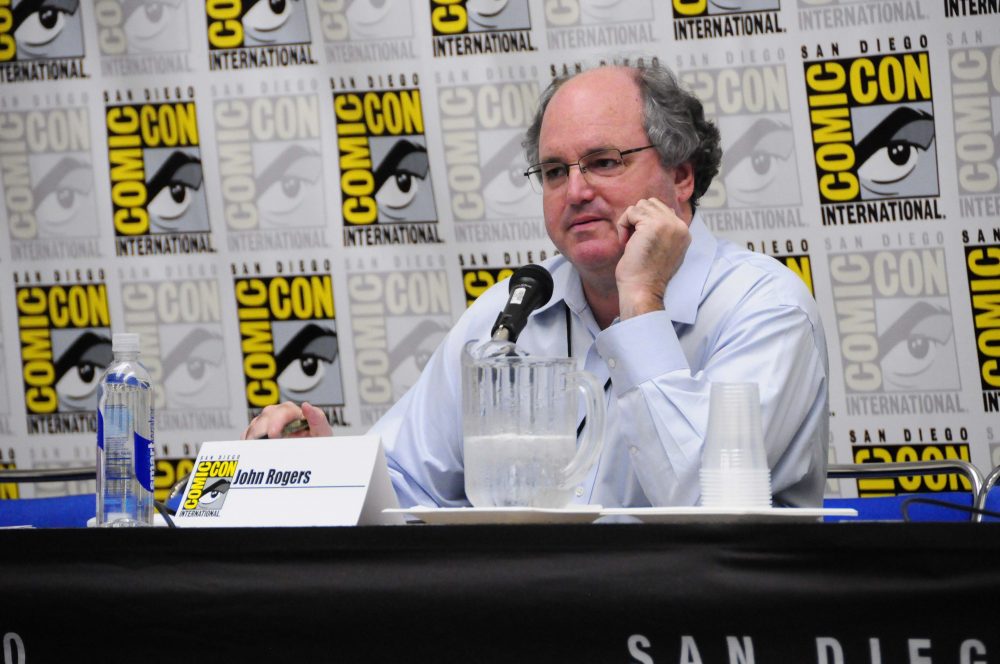
This year, at the end of San Diego Comic-Con, president of Comic-Con International John Rogers was met with a room full of constant noise. The end of show “Talk Back” panel nearly had every chair filled, a line of people already reaching to the back of the wall and around before Rogers had given his customary opening thanks for those who contributed to this year’s convention. The CCI president had to give a long and drawn out “shhhhhhhhh” before the room was quieted, as if it were a room full of unruly school kids. This done, he went through the list of those to thank, only to have the new quiet peppered by low “boos” and actual hisses once he mentioned the subject of security.
One of the issues that was sure to be brought up was that of the hall H wrist band debacle. As it was reported, many attendees who had waited in Friday lines to get wristbands for Saturday programs, who then were loaded into “chutes” the next day, giving insurance of entrance into the hall. This was not the case, as many either entered the hall late in the day or not at all. Whispers of counterfeit wristbands swept through crowds and social media, some estimates going to 400 of these supposed knockoffs.
Instead of this, the first few questions presented were directed at another topic that has been just as pervasive as hall H issues: ADA compliance. One woman through the aid of a signer asked why weren’t all the videos in hall H closed captioned. “The hall is too dark to see the interpreter. And for those who could barely make them out like myself, I couldn’t decide when I should be looking at the screen or them.”
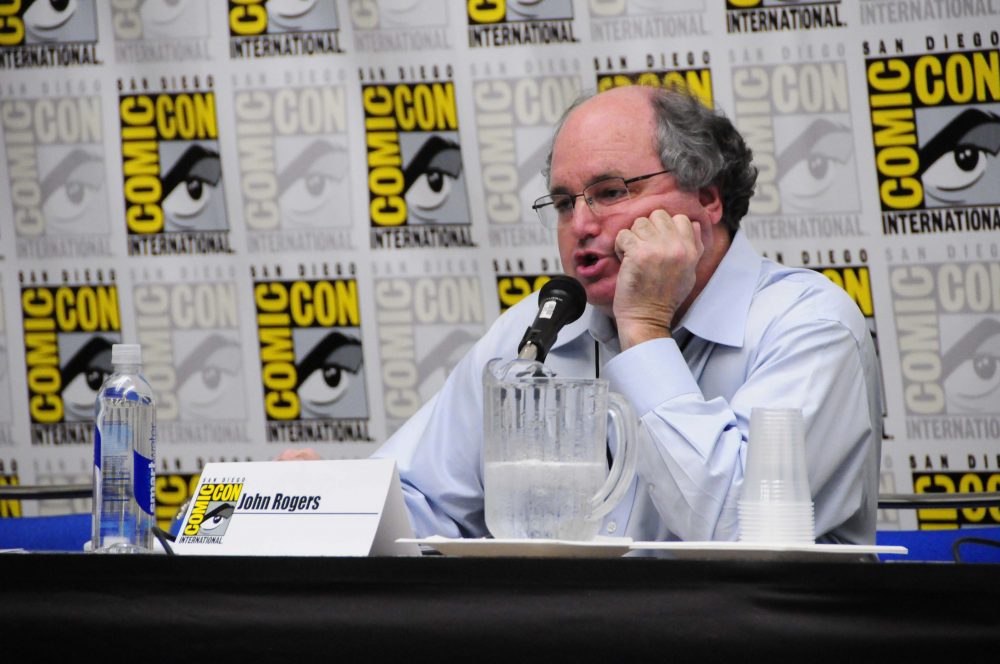
Another ADA issue, also involving hall H, was directed at the security instructions that seemed to change every day. “One day I’m told to do this and go here, whereas the next day I’m told that I can’t be over here, and now I got to be over there… Can we just have some consistency?” The same man also added that the manner in which hall H security were taking in lines made no sense. “I was front of the ADA line at 9:45 PM the night prior. Now, I had a friend who arrived the next morning at like 5 AM… and he got in first before me. How is that fair?” The idea of having an ADA line and a general line is a must for hall H, despite those who think otherwise. “It almost seems that we might as well join the general line… But not all of us can do that,” said the same man.
Eventually, the subject of the hall H wristbands was brought up, and from there just about every person in line had their two-cents to add. The most alarming aspect of this story is the lack of information that was being presented to those waiting in the chutes. “Here we are waiting and waiting, not getting told anything,” said a man. “I finally went and asked a nearby security guard when we would be getting in, and they told me, ‘You’ll probably be getting in today. There should be plenty of room’… A couple more hours pass and there’s no movement. I asked security again what was going on and they said they didn’t know. When I asked if they could go find out, they then said to me, ‘There’s no way we can get information for you. We’re not allowed to leave our post.’” After being told there was no guarantee that he could get back in his spot, the attendee said he left the chute and went to find answers himself. Over and over again he was met with “I don’t know… I’m not allowed to leave my post.”
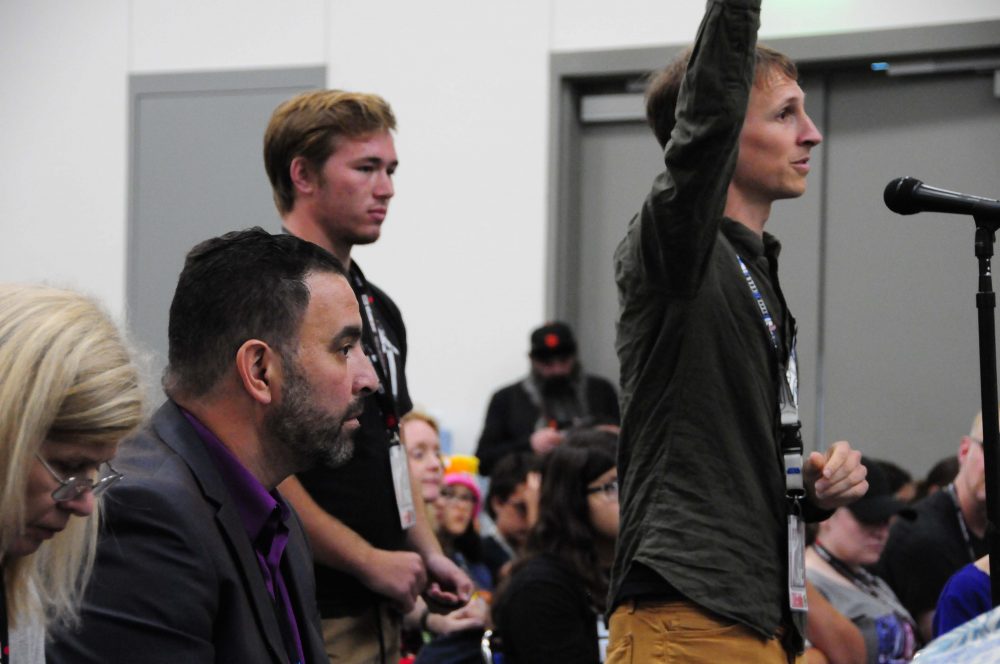
The attendee estimated it was around 2 PM when Eddie Ibrahim, Director of Programming at Comic-Con International, came over personally and said what the situation was. “There’s possibly up to 400 extra wristbands being used… I guarantee all the spots are full inside.” At the mention of his name, a few members of the audience cheered, “Go, Eddie!”
President John Rogers addressed the wristband issue, saying, “Up to now, it was thought that there were no other wristbands out there… It’s possible that there are some unaccounted-for wristbands out there. We are currently looking into the situation.” However one decides to interpret Roger’s words, some might question whether counterfeit wristbands were at play, or perhaps stolen-official wristbands. The president had no other comment about the wristbands themselves, but did say on the topic of possibly having the RFID Comic-Con passes double for hall H programing that the idea was brought up but was deemed to be too complicated to enact. Rogers was for the RFID, as he himself identifies as being one who loves his gadgets. “But now,” said Roger, “I might have some new toys to play with.”
Hall H line abuse is not a new concept by far. One ADA attendee who was confined to a chair relayed that there are those on websites and forums who are actively boasting of their successes in taking advantage of the ADA lines and systems. “We’re not being represented here,” said the woman in regards to what she feels are disproportionate accommodations made for ADA. “We read comics because we are looking for an escape… some of us are stuck in a chair,” she exclaimed through tearing eyes.
Another layer of ADA issues stems from security, which are supposed to be helping and looking after them as part of their jobs. “Two security guards were near a line and I heard one of them say in earshot, ‘We’re going to hit them with a hose.’” To what that guard meant was never answered, but the attendee was certain it was directed at them.
With all the advances that Comic-Con International have made with the convention, making it one of the largest and most popular comic and popular conventions in the world, these issues that attendees have brought up are glaring failures somewhere along the lines of communication, whether between security, organizers, or both. With a convention of this size, these issues are nothing to be taken lightly if everyone involved wish to see some progress.


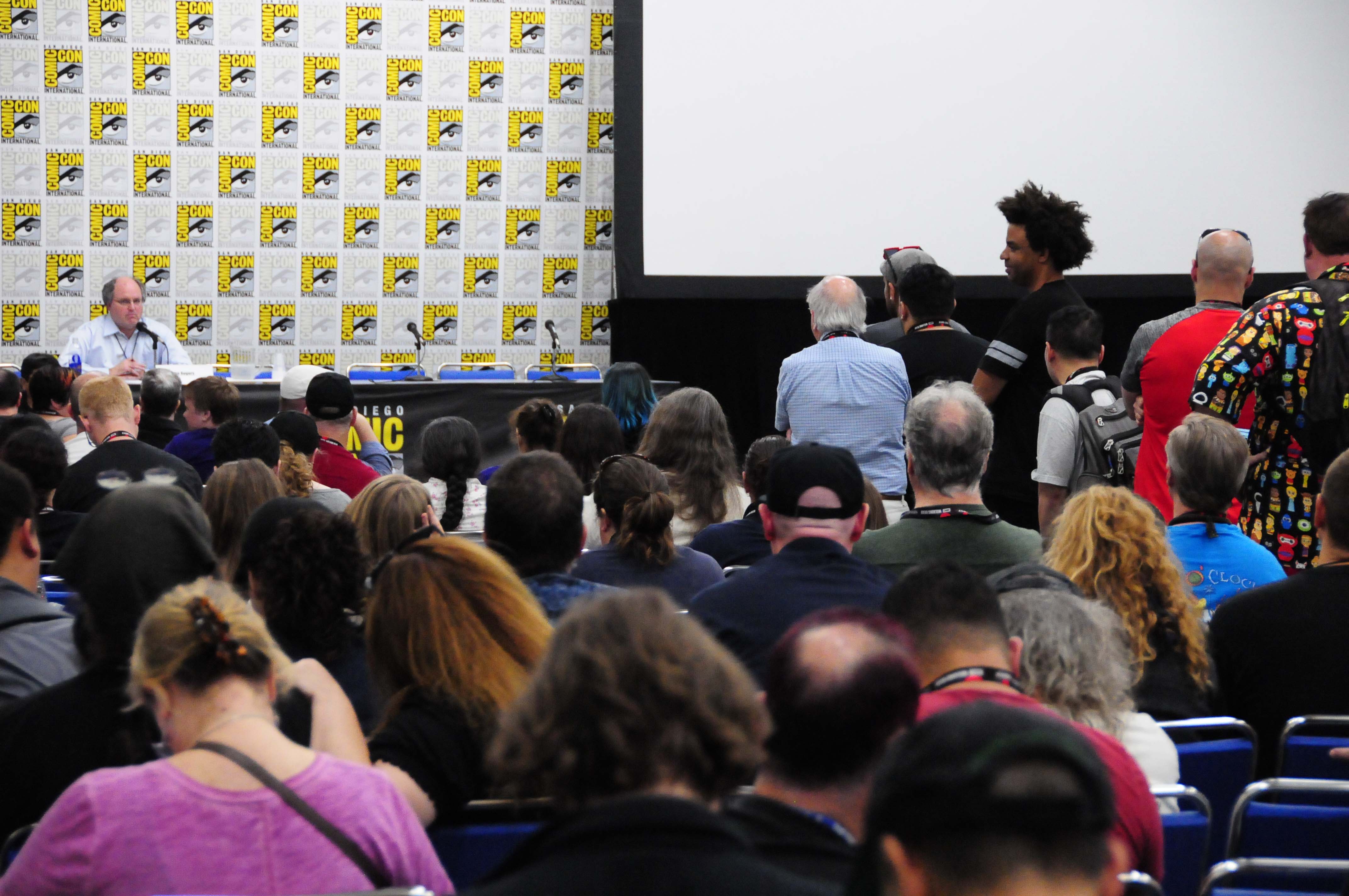
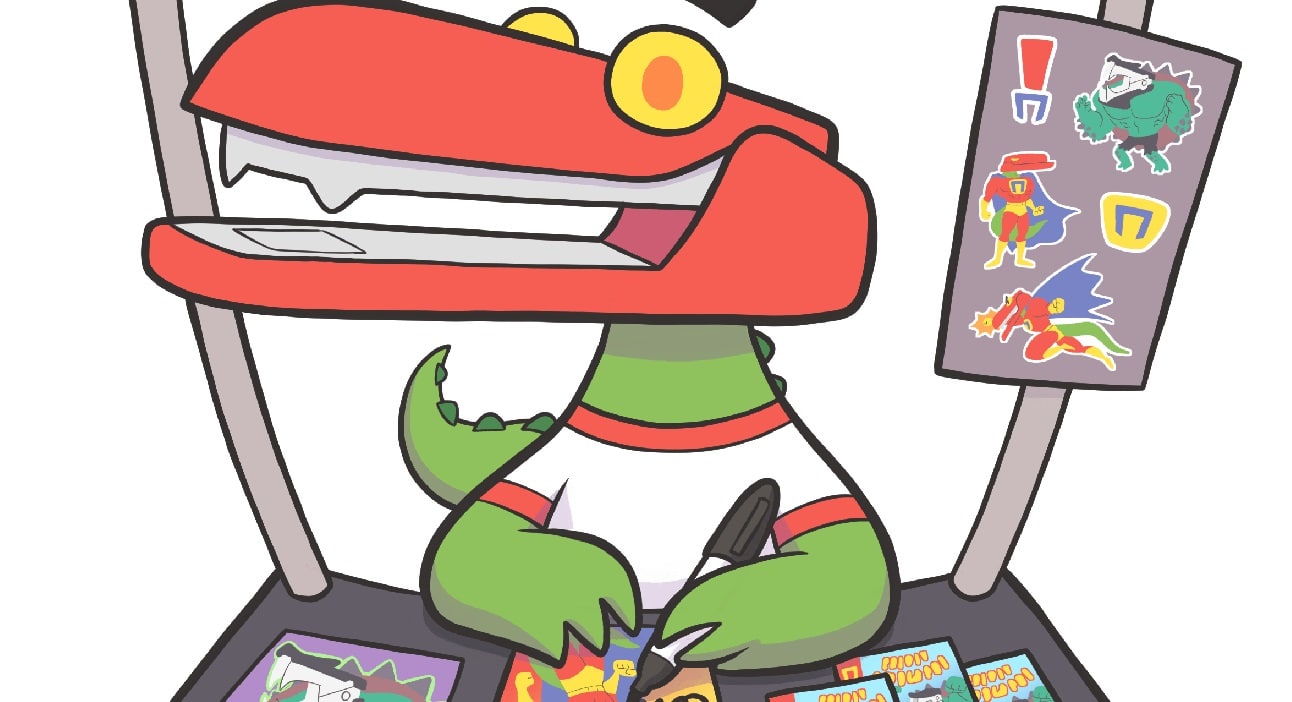


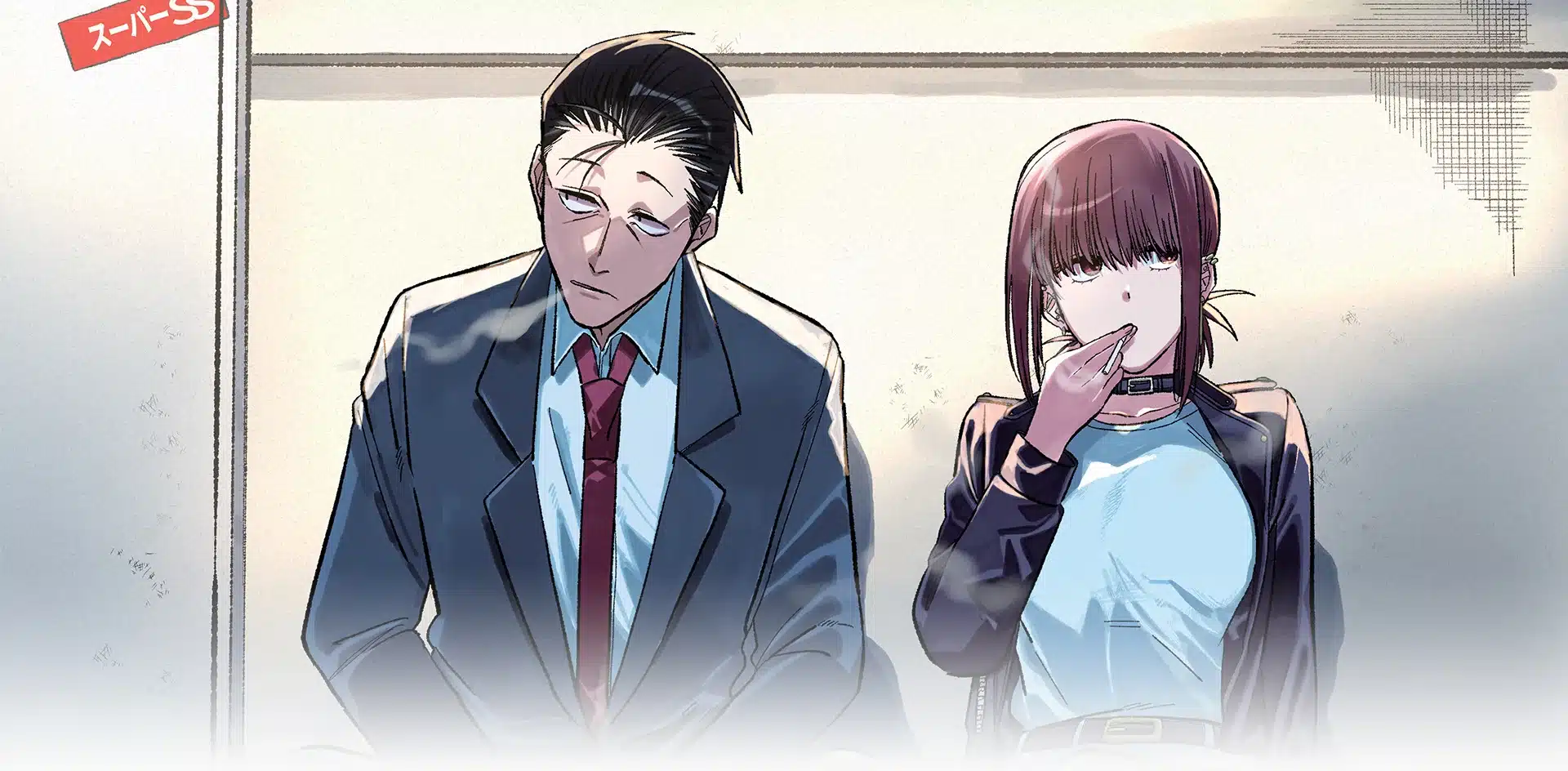

So, which year is this from?
ADA, security, Hall H… how many years have people been complaining about these topics?
Compare to 2006: https://www.comicsbeat.com/san-diego-voices-con-talkback/
.
Ticket Hall H.
Link it to the RFID passes.
CCI is already scanning/tapping badges, thus a subsystem to do the same for Hall H is not that difficult to design and implement.
There would be a mad rush once the schedule goes live…but that can be anticipated.
CCI should also prorate distribution: half to 4-day passes, half to those attending just one day.
Limit of two events per registration.
Each event has a standby line, limit 100 people. No-shows are cancelled ten minutes before the panel.
As for clearing out the hall… Star Wars showed it can be done quickly and safely in 2015.
Need to add time to clear the Hall?
Start Hall H much earlier than the current 11 AM schedule.
The first year, spread out the events, with the clearance time scheduled in.
Once staff learn the curve, that time can be adjusted, and perhaps an extra panel can be added to the lengthened schedule.
WAIT A MINUTE! There is already a 15-minute break between panels! Make it 30, the schedule can easily accommodate that requirement.
OR… and this is where CCI thinks big:
Partner with Fathom Events to simulcast Hall H panels nationwide. (Test it first at Horton Plaza.)
Or partner with Alama Drafthouse!
Okay, the “Little Red Wolf” pop-up ads that happen anytime you accidentally click on the sides of the page are REALLY annoying.
Is it possible that San Diego has just become a bloated monstrosity which is beyond fixing? With that many people and that much going on in one place, a certain level of screw ups is hard to avoid.
Mike
RFID passes are extremely easy to counterfeit. I don’t think there’s any solution down that path. All they do is make it harder for the people who legitimately bought tickets to get in.
The bigger problem is these cons are making money hand over fist and have no incentive to improve anything. Until the geek fad dies down, the Con people know they can charge outrageous prices, offer the worst customer service, and people will still come in droves.
Comments are closed.